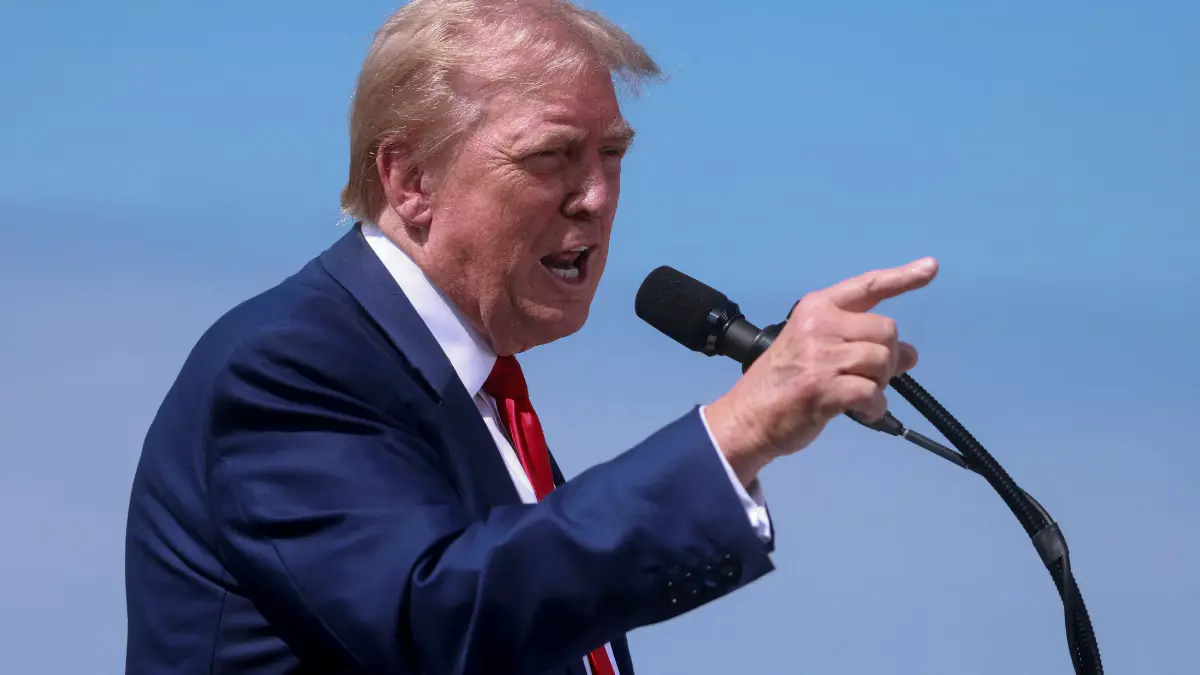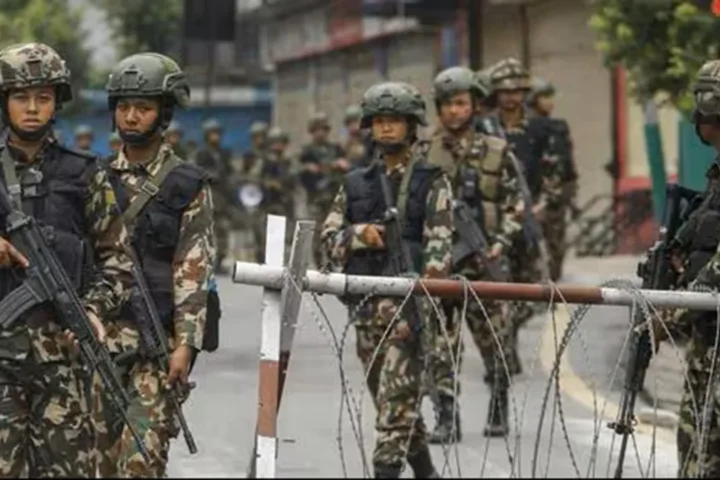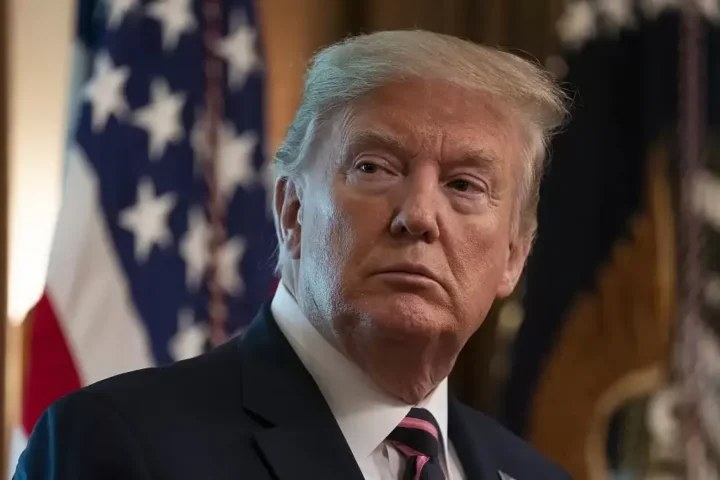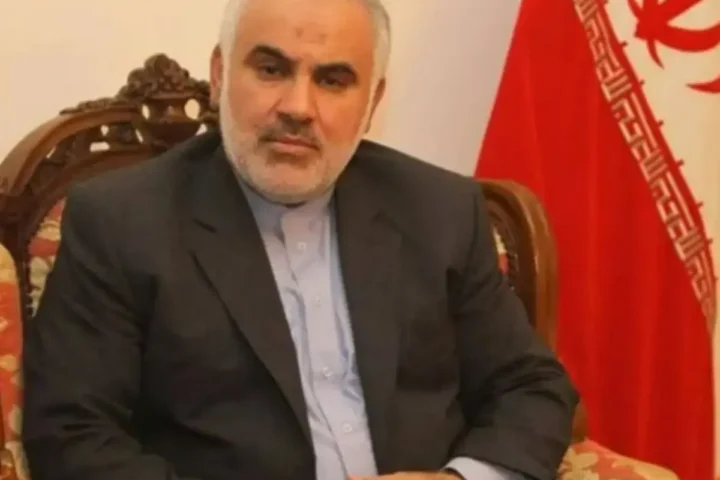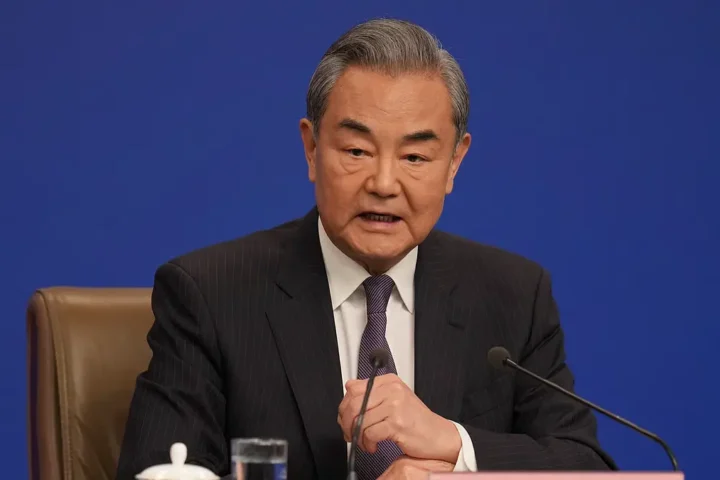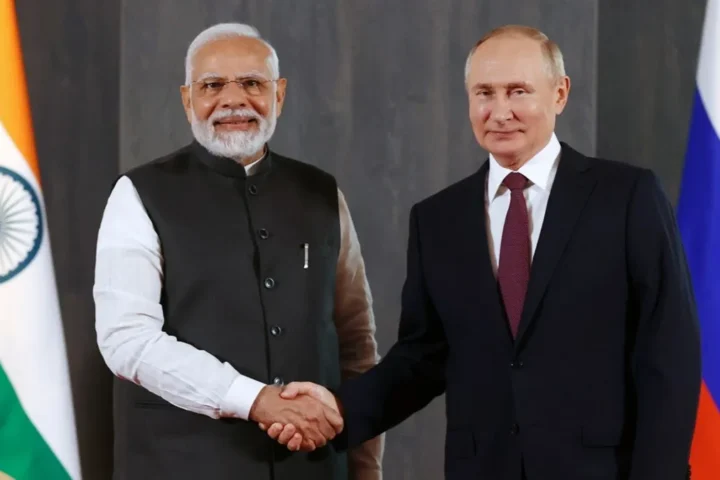President Donald Trump has announced a sweeping 100% tariff on all branded and patented pharmaceutical imports effective October 1, 2025, unless drugmakers build manufacturing facilities in the United States. While generic medicines are excluded on paper, India — the world’s largest supplier of generics to America — is bracing for ripple effects across its $20 billion export market.
Trump’s Tariff Move
“Starting October 1, 2025, we will be imposing a 100% Tariff on any branded or patented Pharmaceutical Product, unless a Company IS BUILDING their Pharmaceutical Manufacturing Plant in America,” Trump declared on his social media platform.
He clarified that “IS BUILDING” means construction must have begun. Companies already investing in U.S. facilities will be exempt from the tariff.
Why Is This Happening?
Trump’s move is driven by multiple factors:
- Push for U.S. manufacturing: Forcing global pharma companies to set up plants in America to create jobs and secure supply chains.
- Reducing import dependence: The U.S. relies heavily on India and China for medicines and ingredients — something seen as a strategic risk.
- Targeting Big Pharma profits: Branded drugs are notoriously expensive in America. By taxing imports, Trump is pressuring firms to lower prices or localize production.
- Election strategy: With elections ahead, Trump is appealing to voters with a populist stance — punishing foreign-made expensive drugs while promising local manufacturing.
- Future signal for generics: Although spared for now, the exemption may not last forever. Washington’s long-term direction is clear: bring even generic drug production home.
India’s $20 Billion Stake
Indian pharma giants — Sun Pharma, Dr Reddy’s Laboratories, Cipla, Lupin, and Aurobindo Pharma — ship nearly 40% of U.S. generics, valued at about $20 billion annually. While generics appear safe, industry insiders warn that the policy could complicate supply chains.
Many Indian firms also manufacture active pharmaceutical ingredients (APIs) and formulations for multinational drugmakers. If those branded medicines face tariffs, Indian contract manufacturing partnerships could be disrupted.
Ambiguity Over “Branded” Drugs
Another concern is the interpretation of “branded.” Even generics carry manufacturer labels, and analysts fear inconsistent U.S. customs definitions could lead to delays, higher compliance costs, or shipment blockages.
Pressure to Manufacture in the U.S.
Experts say Trump’s carve-out for companies building U.S. plants signals a push to localize drug production.
- For large Indian exporters, that means higher capital expenditure and tighter profit margins.
- For smaller firms, setting up U.S. operations may be financially unviable.
“This is less about the immediate blow and more about the future trajectory of U.S. trade policy,” noted one Indian American pharma analyst. “Generics may look safe today, but the message is clear — America wants its medicines made at home.”
Impact on Patients and Prices
Generics play a crucial role in keeping drug prices low in the U.S., treating conditions ranging from cancer to infectious diseases. Any disruption — even uncertainty at customs — could lead to shortages and rising costs for American patients.
While a tariff on branded drugs could temporarily boost demand for generics, analysts warn this may accelerate Washington’s efforts to reshore even low-cost generic production.
Interesting Read
Part of a Larger Protectionist Push
Trump’s pharma tariff is part of a broader protectionist package announced Thursday. His administration also slapped:
- 50% tariff on kitchen cabinets and bathroom vanities,
- 30% tariff on upholstered furniture, and
- 25% tariff on imported heavy trucks, citing “national security purposes.”
Truck makers Peterbilt, Kenworth, Freightliner, and Mack Trucks were named as key U.S. beneficiaries.
Outlook
For India, the world’s generic powerhouse, the immediate relief of exemption may be short-lived. The real test lies ahead — as Washington’s protectionist stance raises questions about the future of affordable drug supply chains and India’s place in them.

